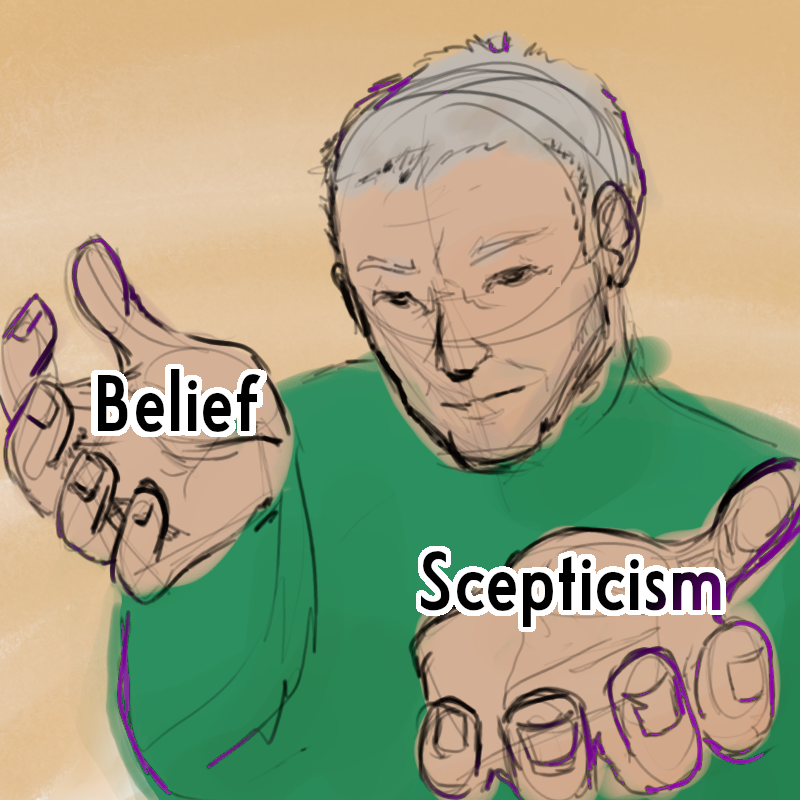Books by Ian Rogers





My wife and I are blessed to have both professional carers and a lovely lady, Emma, who alternately cleans and gardens for us. Recently I have been suffering from emotional exhaustion and mental burn-out. Only this afternoon I packed up three bags of my deceased mother’s clothes to go to suitable charities. We are still trying to sell her house. Emma has kindly taken on more time with us, some of which is specifically to help me. She helped with the accounts for my book publications and sales and typed up my handwritten blog piece ‘Floundering around Souls’. (Did anyone notice the pun there? Flounders and Sole are both types of fish!)
One evening Emma and my wife were discussing herbal remedies. I chipped in to say that I didn’t believe in them. Then I had to backtrack because I recognise that aspirin, digitalis and many other drugs were originally from plant sources. However, I pointed out the St. John’s Wort (herbal prozac) was shown in a U.S. government study (https://nccih.nih.gov/ research/results/stjohnswort) to be no better than a placebo.
Also I had tried Valerian sleeping pills and after less than a week they appeared to do nothing. The initial benefit was probably another temporary placebo effect. Of course, there are yet-to-be-discovered remedies but, in my opinion, Balch Flower remedies, pollen granules to cure hayfever and homeopathy are all quackery.
What is the chance of many flowers having remedial properties and of one man discovering them all? Why would ingested polled from nectar bearing flowers cure an allergy to airborne grass pollen? And why would a solution that in concentrated form would produce some symptoms, when taken in a low concentration, cure them? I recognise the idea that challenging the immune system might stimulate it to greater efforts, but then why would the so-called Avagadro’s dilution (so diluted there is theoretically none of the active ingredient left) be supposedly the strongest homeopathic dose that can be given? Perhaps you can detect my science background in this scepticism! Anyway, Emma asked: if you believe in unprovable spiritual stuff, as in the ‘Floundering around Souls’ piece, why don’t you believe in herbalism?
In case you can’t go back to ‘Floundering around Souls’, here are the key points.
The reason I don’t believe in herbalism is that physical substances should be medically testable for their effects. Where such tests prove positive, the substance becomes incorporated into conventional medicine. Where such tests do not show significant or consistent results, medicine rejects them. This doesn’t prevent others believing in the remedy (nor selling it for a profit).
As I argued in ‘Soul Brothers’, if we humans have a soul, then there has be a soul/body or soul/mind interface. If there is no interface then we could never perceive the soul nor know of any spirit-world. If Uri Geller could really bend metal remotely (and I know some dispute this), there must be an interface between the spiritual and physical realms. Similarly, if Jesus turned water into wine, that was a spiritual as well as physical event. Wine (alcohol) contains more energy than water. If some chemical reaction happened, then the temperature of the mixture should have dropped significantly. It should have become freezing cold, maybe even with ice forming on the outside of the water jug - yet it remained at a drinkable temperature. There are lots of other examples of “energy from nowhere” in paranormal research.
When objects are supposedly moved without known cause, the new energy is kinetic (movement) energy - hence the name psychokinesis (mind energy). The feeding of the 5000 is an extreme example of “energy from nowhere”. It is a fundamental of science that matter (physical stuff) can neither be created or destroyed (except by nuclear breakdown, as in an atom bomb). Inside stars, breakdown of some atoms (hydrogen) plus intense heat and pressure, can “create” (a better word would be synthesise) heavier elements - but there is still overall energy consumption. If Jesus created 25,000 rolls from fives rolls and 10,000 fish from two of them, then he broke the laws of physics . There should of been a reverse atom bomb effect where environmental energy was used up to generate the new matter! A local ice age!
Of course, many people invent pseudoscience to explain paranormal events. Just as ancient peoples thought it was magic that caused the magnetic stones in their primitive compasses point north, so some people say that paranormal events are due to as yet undiscovered forces that (like herbal remedies being adopted into conventional medicine) will eventually become the normal science of the future. Others suppose every substance and object to be subject to “spiritual vibrations” or to be affected by “spiritual waves”. When focused, these waves can produce local effects (such as bending metal), just as sunlight focused by a lens can burn paper. The trouble is, such vibrations and waves are not detectable, so these supposes “interface forces” aren’t much of an interface at all!
Older Christian religion, retreating as science advanced, has sometimes pointed to some as yet unexplained physical events as ‘acts of God’. The problem with the ‘God of the gaps’ argument is that as science has continued to expand, so many gaps have been filled in and Christianity has looked foolish. The “spiritual vibrations” and mystery “waves” theories are a sort of reverse of the ‘God of the gaps’ argument. They are attempts to fill gaps in our understanding of the paranormal with‘pseudoscience’!
<< Next Archive Previous >>